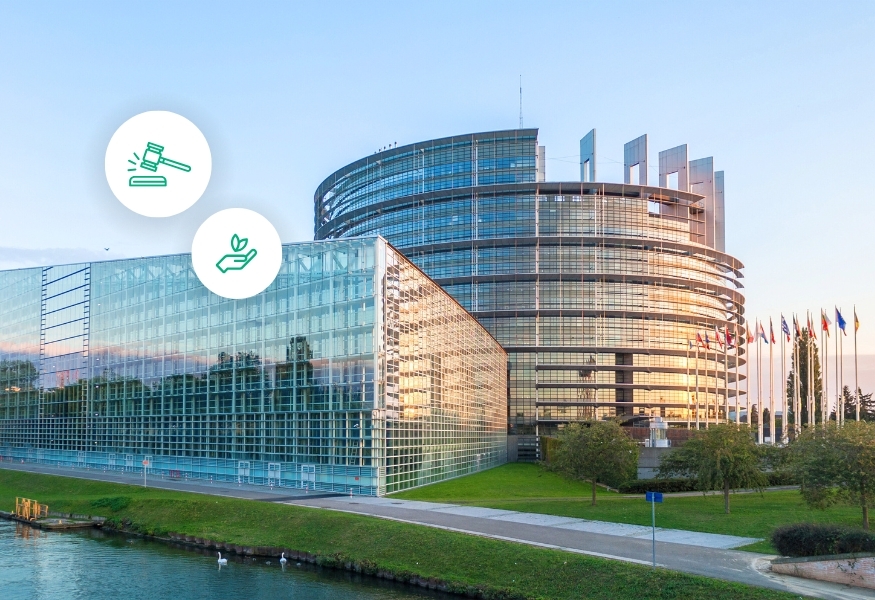Sustainability as the Key to Business Success

In the fast-paced world of business, sustainability isn't just a moral obligation—it's a proven path to profitability. Research conducted by Seemann et al. (2023) reveals that the most sustainable companies are also the most profitable. By prioritizing environmental, social, and governance (ESG) efforts, companies can create long-term value and outperform their competitors.
The Profitability of Sustainability
Numerous studies underscore the financial advantages of sustainability. For instance, a 2014 study by McKinsey & Company revealed that companies adopting sustainable practices to streamline operations and reduce waste often experience significant cost savings. Moreover, research suggests that corporate responsibility initiatives can lead to substantial increases in sales revenue, with potential boosts of up to 20% (Hainmueller & Hiscox, 2012). Additionally, recent research conducted in Sweden by Pham Duc Cuong et al. (2021) highlights a positive relationship between a company’s sustainability efforts and its financial performance.
Navigating the Regulatory Landscape
As regulatory frameworks like the Corporate Sustainability Reporting Directive (CSRD) become more stringent, companies must adapt to meet the evolving expectations of their stakeholders. Many small and medium-sized businesses’ customers fall under the scope of CSRD, requiring accurate and reliable data on climate, nature, and human rights issues from their suppliers.
According to OP’s Large Company Survey 2024, as many as 56% of Finnish large companies have already changed their suppliers due to responsibility obligations. These findings underscore the importance of compliance with CSRD requirements to avoid business risks and safeguard reputations.
A Strategic Imperative
For boards and management teams, integrating responsibility into corporate strategy is must-have. By making responsibility a core part of their strategy, companies can achieve real, necessary, and impactful changes. Neglecting responsibility or treating it lightly is no longer sufficient in today’s business landscape in the EU. To secure long-term success and drive positive change, companies must embrace sustainability as a strategic imperative. Integrating double materiality assessment with the evaluation of business risks and opportunities expands the board and management’s capacity to thoroughly assess short-, medium-, and long-term business risks.
The evidence is clear: companies that prioritize sustainability are more profitable, more resilient, and better positioned for long-term success. By investing in sustainability initiatives and embracing responsible business practices, companies can unlock new opportunities, mitigate risks, and create value for all stakeholders.
Now is the time for businesses to seize the opportunity to take action and develop a sustainability strategy. At Greenstep, we’re dedicated to guiding you through this journey with our expert team of consultants. Reach out to us to learn more about how we can support your sustainability goals.



